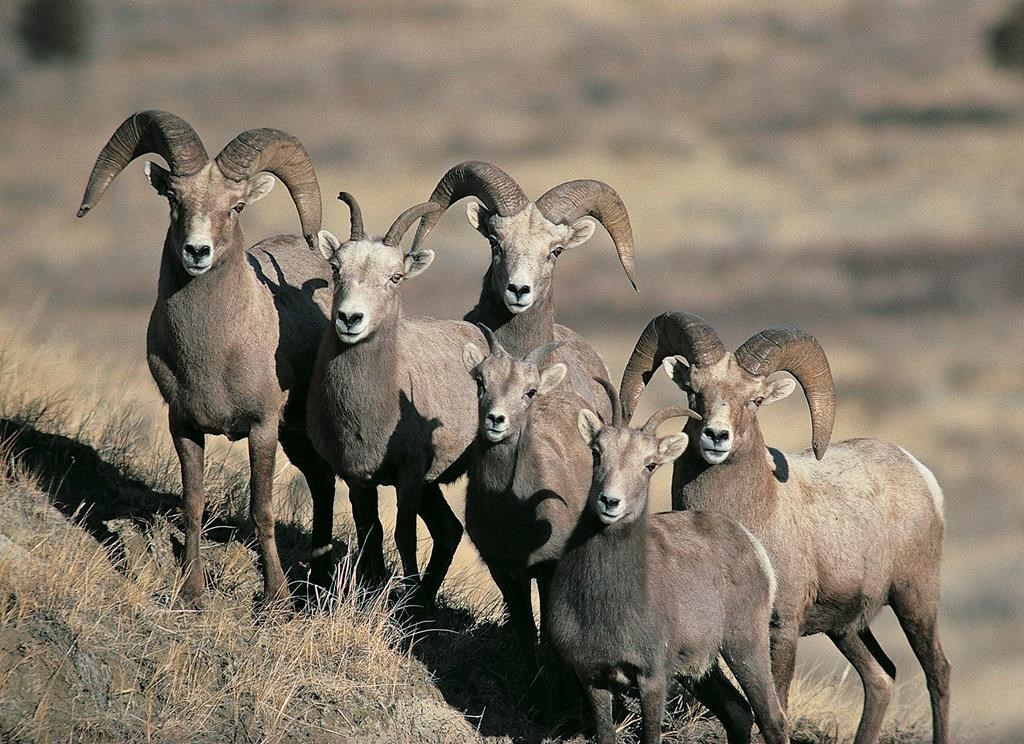Provincial intervention is needed to combat declining populations of regional wild sheep, the Okanagan Nation Alliance says.

The ONA says there needs to be separation between wild and domestic sheep and goats, as wild populations are continuing to decline due to disease transmission from domestic animals.
“It is our duty and sacred responsibility to defend (all living things) who cannot speak for themselves,” said ONA natural resource committee chairman Jordan Coble.
“To see wild sheep suffering from a disease that is perpetuated by humans and one that simple measures can prevent is inexcusable, and we must do all that we can to prevent further suffering.
“We cannot stand by and watch as our wild sheep continue to die every year.”

Coble says potential legislation needs partnerships and collaboration at the local level.
The ONA says local wild sheep are at risk of being exposed to M.ovi (Mycoplasma ovipneumoniae), mange and hemorrhagic viruses like bluetongue.
The most challenging disease to manage is M.ovi, which is a bacterial strain commonly found in the nasal cavity and sinuses of domestic sheep and goats.
According to the provincial government, when M.ovi is transmitted from domestic flocks to wild sheep, sudden pneumonia outbreaks can occur with significant population losses, often followed by years of low lamb birth and survival rates.
“Interactions between domestic and wild populations can occur throughout the year,” the province said. “These occurrences tend to increase during times of wild sheep rut.”
The province added that some sheep can travel up to 50 km on extended forays outside a normal herd territory, and that Bighorn sheep can be attracted to domestic sheep during their forays.
More information about M.ovi is available at gov.bc.ca.

“The effects of this domestic-source pathogen can last decades and prevent wild sheep recovery,” said the ONA, adding M.ovi treatment research is ongoing, but it’s widely recognized that there are no current effective treatments.
One preventative measure is to separate domestic and wild flocks.
“Implementing mitigation measures on a case-by-case or farm-by-farm basis, such as undertaking fencing projects on private land, can be costly, challenging to implement and susceptible to exploitation by landowners when not guided by overarching legislation,” the ONA said.
“Even a single contact event with a domestic sheep or goat can reinfect a wild sheep population. Without domestic industry regulation, the risk of contact and catastrophic die-offs will never be addressed adequately.”
- Stuck in B.C. lagoon for weeks, killer whale calf is finally free
- Invasive strep: ‘Don’t wait’ to seek care, N.S. woman warns on long road to recovery
- T. Rex an intelligent tool-user and culture-builder? Not so fast, says new U of A research
- After raising a stink, trash cans to return to Montreal’s Lachine Canal




Comments